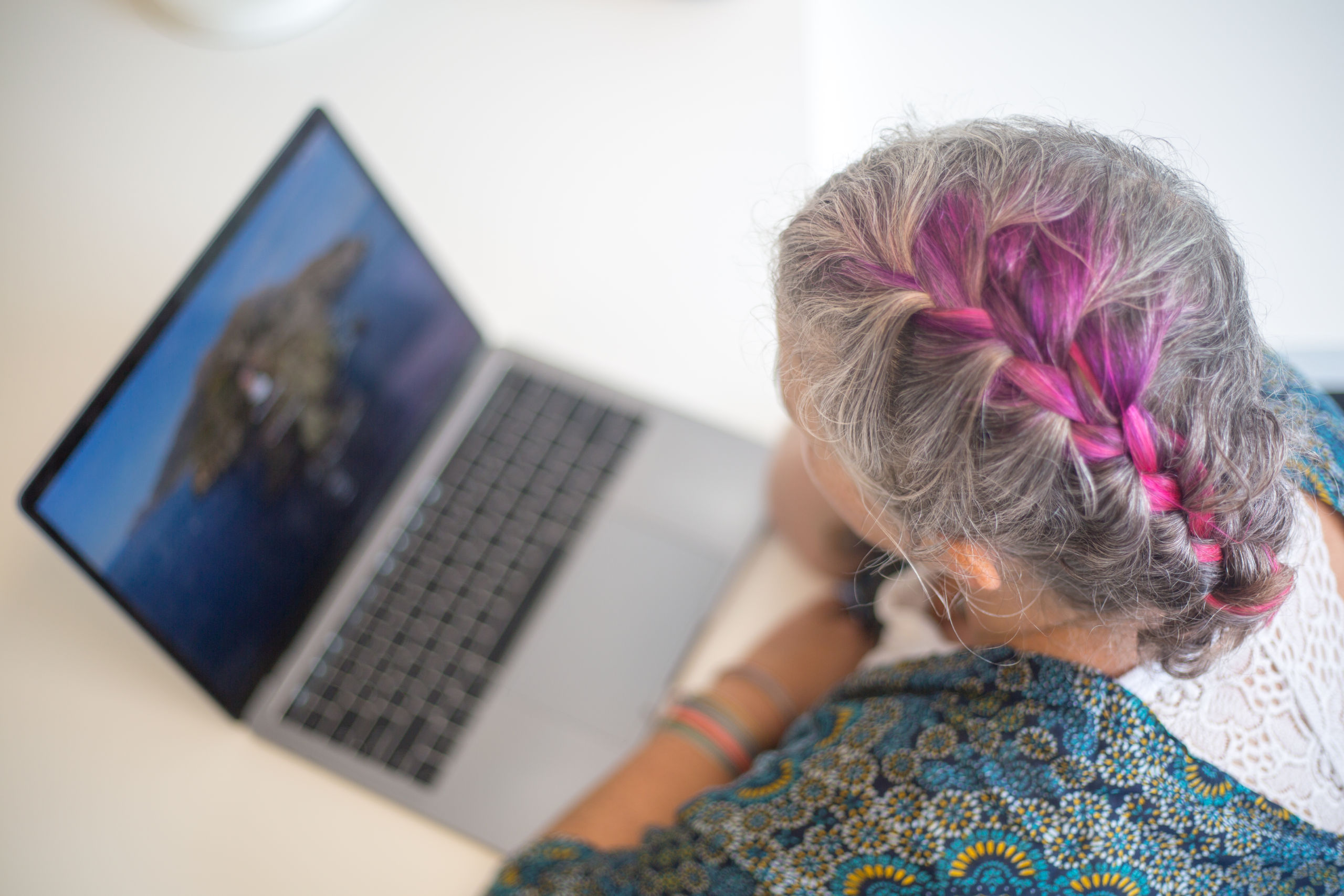A Year of Operating in a Pandemic
Written by Peters, Morgan •
When Clara MacCallum Fraser went on maternity leave last February and left me in charge of Shared Path’s operations, I was both nervous and eager to rise to the challenge. We were about to relaunch our website, as well as populating our resource database, organizing workshops with partners, and planning research activities.
At our first board meeting following Clara’s departure, on March 2nd, 2020, a board director raised the possibility that the new virus we were hearing about, COVID-19, would disrupt our plans for the coming months. I agreed that we should monitor the situation, but quietly believed that there was little risk of the virus affecting us. I couldn’t have been more wrong.
We have now been working from home for a year and most of what I hoped to achieve with Shared Path in 2020 was put on hold. It has been frustrating to tread water, but the work we are endeavouring to do involves close collaboration with many First Nations communities who have been disproportionately impacted by the virus. This pandemic has once again highlighted the systemic inequalities that exist between Indigenous and non-Indigenous communities, from lack of housing that makes it difficult to self-isolate, to poor internet connectivity that makes school and work from home near impossible for some people. This pandemic has also demonstrated that good local relationships between municipalities and Indigenous communities can help a region to better manage crisis.
Take for example the South Island Prosperity Partnership (SIPP) out of Victoria, BC. At a recent webinar hosted by CANDO, members of the SIPP talked about how having established active relationships and channels of communication between municipalities and Indigenous communities in the region allowed them to respond to the COVID-19 crisis quickly and effectively. By April 2020, they had organized a task force to coordinate a regional response as well as plan for recovery and resilience of the local economy.
The roots of this successful collaboration can be traced back to the 2008 financial crisis, when SIPP was established as a collective response to the region’s lethargic economic rehabilitation. By taking a proactive approach to relationship building and maintenance, the partners were well positioned to respond to the next crisis efficiently, to identify recovery pillars, and to monitor progress towards economic recovery.
Hopefully, this pandemic will motivate more communities to begin building good relationships with Indigenous nations during good times so that when a crisis does hit – whether it be a natural disaster, an economic crash, or a legal conflict – they can have established protocols in place and work better together to overcome challenges. We don’t need to connect with each other only in emergencies; as our chair Carolyn King often says, “Hold a parade together while the sun shines!”
And so, I will close by saying we are very grateful for those relationships we were able to develop before COVID-19 that have allowed us to continue to operate under these difficult circumstances. Particularly, thank you to the Greenbelt Foundation, the Urban Land Institute, the Ontario Trillium Foundation, and to our wonderful current and past board members and community partners! Marsee, Miigwetch, Niá:wen!
We look forward to building more collaborative relationships when the sun shines once again.

